How to find the perfect architect for your next home renovation project
Use this expert advice to find an architect who is the perfect match for your home renovation project

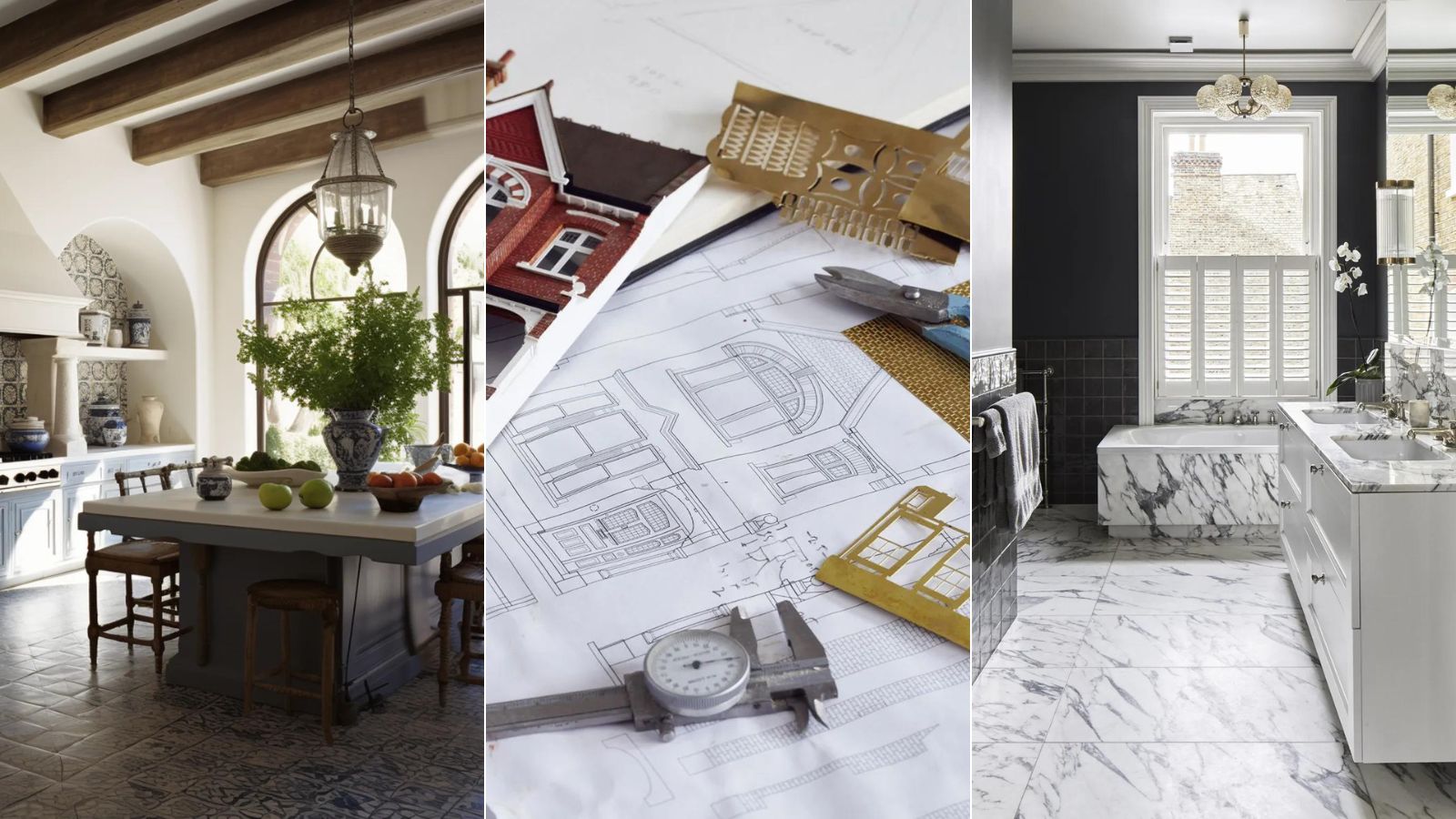
Design expertise in your inbox – from inspiring decorating ideas and beautiful celebrity homes to practical gardening advice and shopping round-ups.
You are now subscribed
Your newsletter sign-up was successful
Want to add more newsletters?

Twice a week
Homes&Gardens
The ultimate interior design resource from the world's leading experts - discover inspiring decorating ideas, color scheming know-how, garden inspiration and shopping expertise.

Once a week
In The Loop from Next In Design
Members of the Next in Design Circle will receive In the Loop, our weekly email filled with trade news, names to know and spotlight moments. Together we’re building a brighter design future.

Twice a week
Cucina
Whether you’re passionate about hosting exquisite dinners, experimenting with culinary trends, or perfecting your kitchen's design with timeless elegance and innovative functionality, this newsletter is here to inspire
Embarking on a home renovation is both exciting and stressful. From the project's scope to the smallest design detail, there are so many decisions to make that it can often feel overwhelming.
Finding the right architect to oversee and execute your project is crucial to successfully renovating a house. But the question remains: how do you make sure you end up hiring the right one?
Residential architects vary a great deal in the size of practice, experience, and areas of expertise. Depending on the type of home you have and what you want done with it, your choices will be very different. No matter what you do, don’t just Google ‘architects near me’ and hope for the best. Doing thorough research and making sure your home and your architect are the perfect fit will pay off in the long run.
How to find the perfect architect
We’ve asked licensed architects to shed some light on how to find the right architect for your home renovation. Here’s what they told us:
1. Do your research
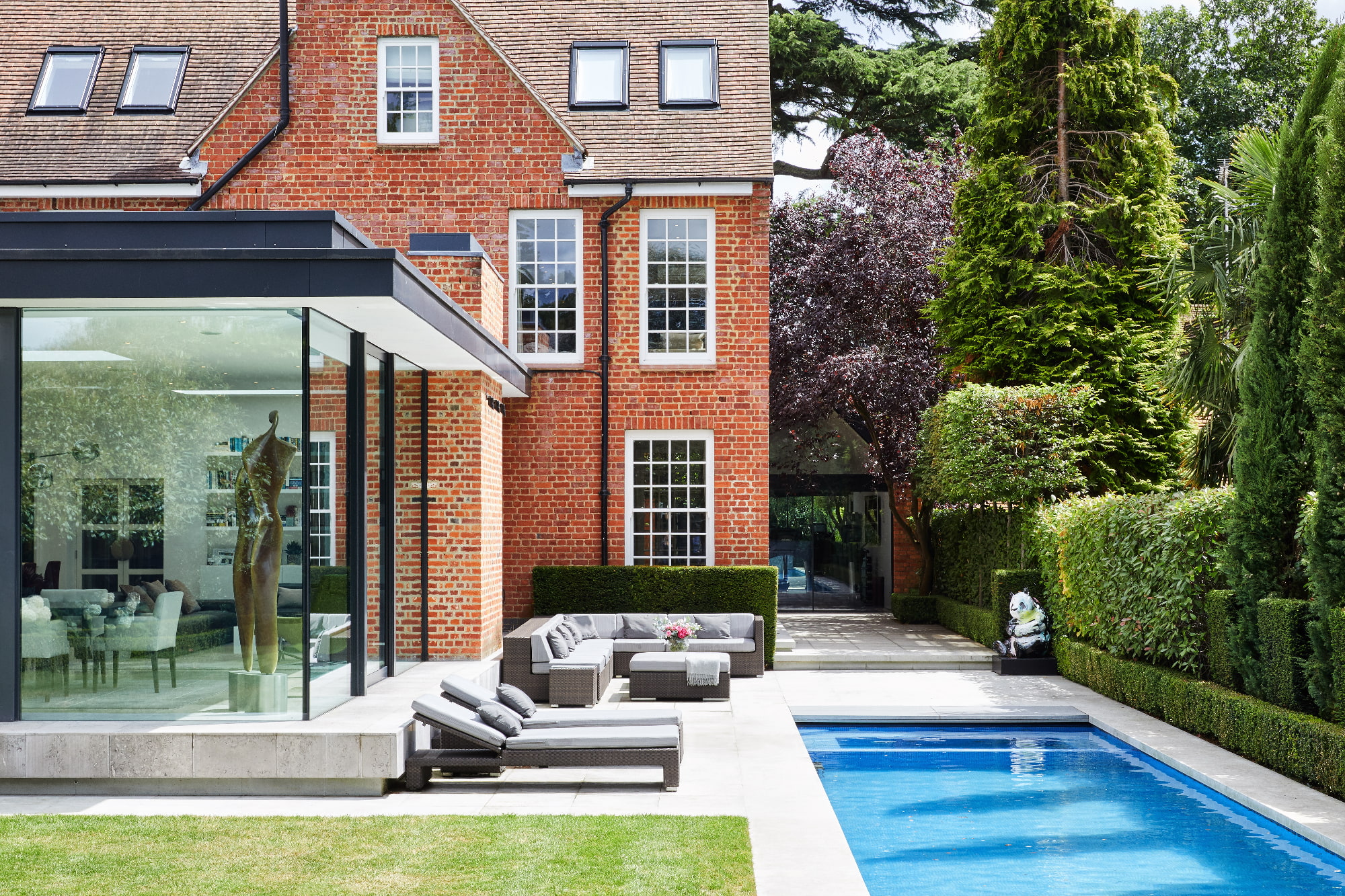
This may seem like it goes without saying in our digital age, but reading up on a few firms that operate in your area is a very good idea before hiring an architect.
Lee Calisti is the Strategic Construction Advisor at Real Estate Bees; he is an architect licensed in Pennsylvania and is NCARB-certified. Lee tells us that ‘all good architects today have some digital presence'. He recommends looking architects up online and vetting them by 'reviewing their portfolio, reading articles they’ve written or been quoted in, and watching videos that feature them.’
It’s also an excellent idea to read some client reviews on Google. While media exposure is generally a good thing, you still want some testimonials from recent clients. Did the architect deliver the renovation project within the timeframe promised? Was the result what the homeowner wanted? Was communication good?
Design expertise in your inbox – from inspiring decorating ideas and beautiful celebrity homes to practical gardening advice and shopping round-ups.

Lee Calisti is the Strategic Construction Advisor at Real Estate Bees. He is an architect licensed in Pennsylvania and is NCARB certified. His areas of expertise include adaptive re-use and new construction, commercial renovations, and single family, multi-family, commercial and institutional projects.
2. Decide if you like the architect's style
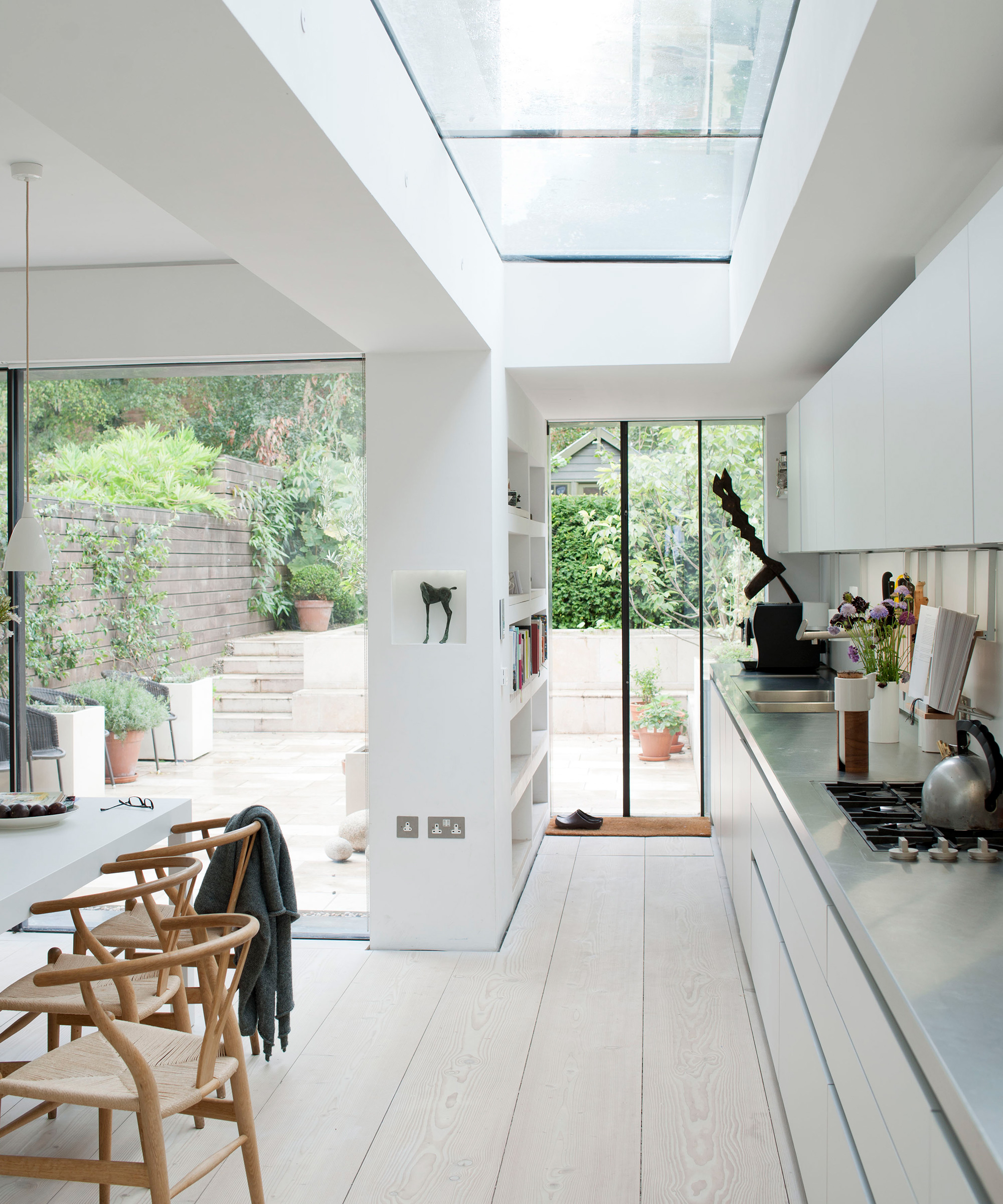
This really is crucial while doing your initial research. While browsing the architect’s portfolio, do you like what you see? If your first thought when looking at the pictures is, ‘I’m not sure I like this,’ move on swiftly.
Lee Calisti recommends ignoring the usual statements architects’ websites may make about tailoring their approach to each client: ‘Yes, architects will tell you that they will design a solution that meets the constraints and the context and whatever other criteria you throw at them. Nevertheless, ask yourself if this architect will deliver the kind of solution you would like to see.’
Ideally, the architect’s work should speak to you immediately – and that should be consistent when looking at multiple projects they’ve completed. In other words, you should see a consistent style across their portfolio; if their projects look very different from one another, this could be a red flag.
As Lee explains, ‘good architects, in my opinion, are good at a limited menu.’ So, if you want someone really good at restoring a historic home, look for an architect who works with historic properties. If you are renovating a mid-century apartment, find an architect who has worked with mid-century homes before.
3. Be honest about your expectations and preferences
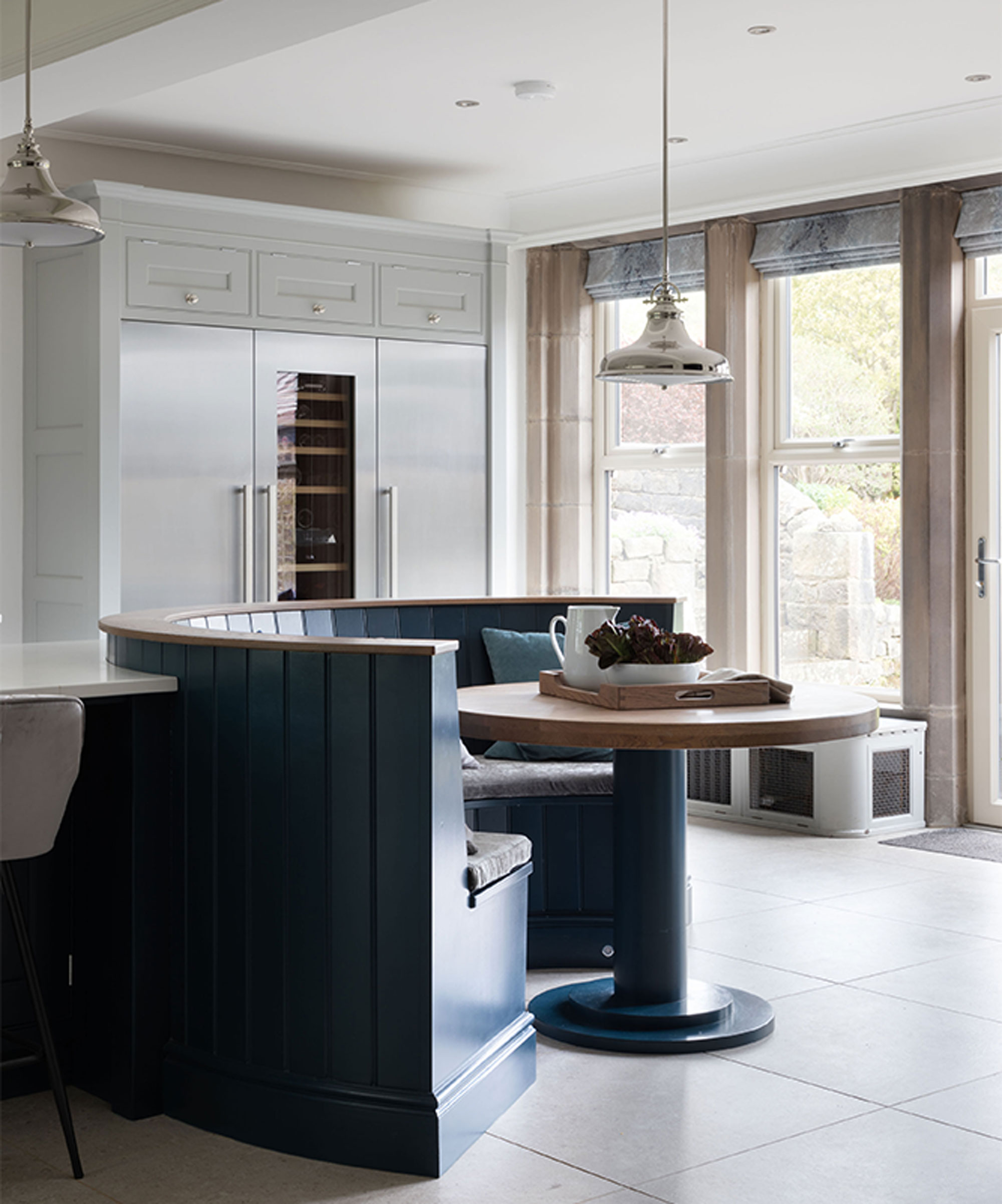
You’ve found an architect whose work you like. Now is the time to get in touch with them to discuss your home renovation project. This is your opportunity to be very honest and precise about what you want:
‘Tell them what you’re thinking, what you like, and what you don’t like,' advises Lee. Also, be very upfront about your budget and timeframe. The more detail you can provide, the better equipped the architect will be to gauge whether they can deliver the project.
A good architect will never take up a job they know they can’t deliver for one reason or another. They also need to know early on how flexible and open to suggestions you are. Some people are happy for the architect to take the reins a bit more, especially when they’re not so sure about the smaller details. On the other hand, if you have very detailed plans and a clear vision for what you want, the time to communicate that to the architect is before you’ve agreed to work with them.
4. Pay attention to their communication style

It’s not all about how well you communicate what you want, though. Communication should be successful both ways, so pay attention to what questions the architect asks you about your home renovation.
Licensed Architect Jeff Akerman explains further: ‘It's the architect's job to ask the right questions, targeting key aspects of your lifestyle, standards, processes, and preferences.’
The point about lifestyle is an important one. A good architect ‘not only possesses the technical expertise to realize your vision but also understands your particular design tastes and unique lifestyle requirements.’ They should ask you questions about how you plan to use specific rooms, for example. After all, they’ll be in charge of making sure that you end up with a home, not just a house. So, ‘it's important that the architect appreciates the emotional connection humans naturally have to the place they live.'
On a purely human level, you also want to work with someone kind and easy to talk to. Jeff believes that a ‘mutual understanding and rapport from the outset’ is essential.

Jeff Akerman is the Strategic Construction Advisor at HouseCashin and a licensed architect in New York, New Jersey, Pennsylvania and Florida. He has extensive experience in the architecture and planning industry, specializing in mixed-use, revit, sustainable design, design research, and AutoCAD architecture.
5. Make sure they understand local laws and regulations
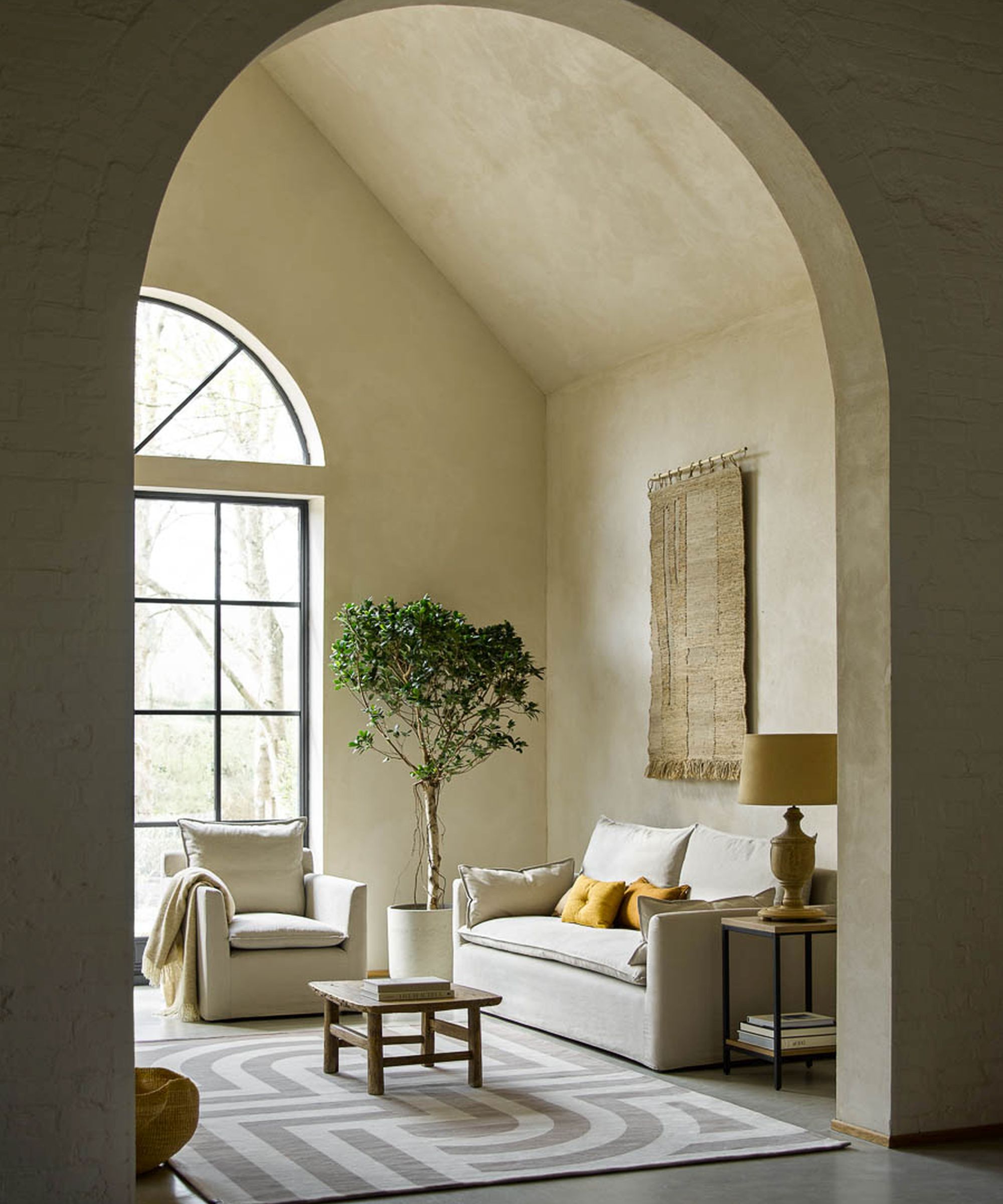
Last but not least, you need to make sure that your chosen architect possesses a balance of the creative and the logistical aspects of the job.
Jeff Akerman emphasizes the importance of ensuring that the architect has the ability to navigate local regulations and zoning laws: 'You want your renovation to be compliant and hassle-free.'
This is especially true if you are renovating a home in a conservation zone or the building is historic (or 'listed' if you are based in the UK).
FAQs
What’s the biggest mistake people make when choosing an architect?
We hate to say this, but the biggest mistakes are usually made when homeowners don’t communicate their needs and wants clearly at the outset. And the area this most often applies to is budgeting.
Under-budgeting – or worse, not knowing your budget – inevitably leads to misunderstandings and difficulties somewhere along the project. Lee Calisti says, 'If you don’t know your budget, you should do more research and accept that construction will cost far more than you think or want.’
Once you know your budget, things get much easier because ‘the architect’s role is to work within the boundaries of your budget.’ That means ’you may have to make hard decisions about what you can include in the scope of work. Some aspects might have to wait until a later phase or be scrapped altogether.’
Reducing the scope of your project may be the only way to save money on your home renovation. It’s best to know this at the beginning than ever be in a position where you realize you’re running out of money halfway through a home renovation.

Anna is a professional writer and academic. She taught English Literature for several years before joining Future where she wrote for Real Homes, Homes & Gardens and Livingetc for four years. She is a regular contributor for Parade Home, BiggerPockets, and many other publications. In her spare time, Anna enjoys hiking and gardening.